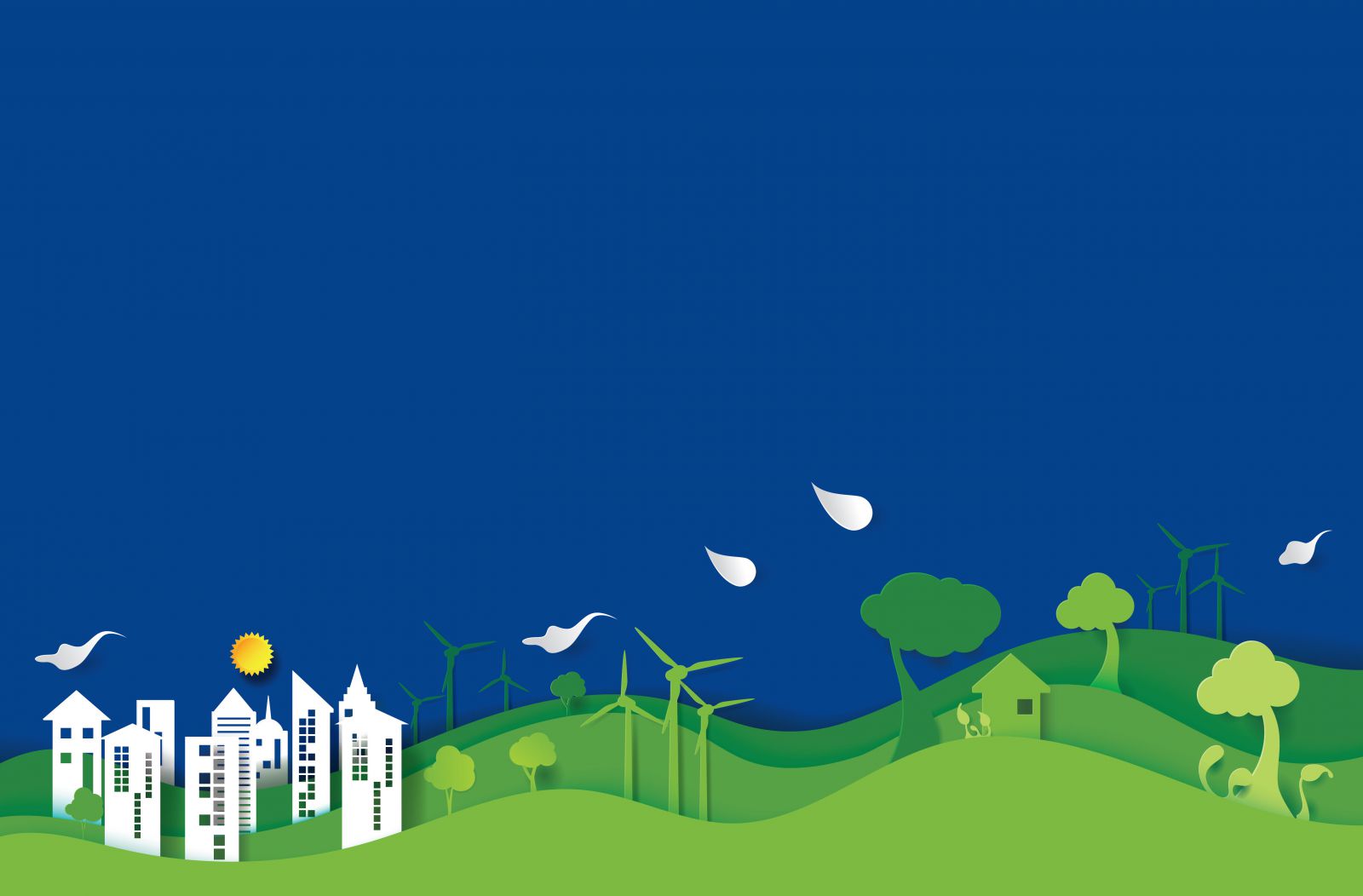Making sustainability the 'new normal'
Amid the despair and uncertainty induced by the Covid-19 pandemic, is there an opportunity to build a more ecologically minded world? Professor Peter Newell, Co-founder and Research Director at the Rapid Transition Alliance believes there could be, and he is generating 'evidence-based hope' for a rapid and socially just transition to sustainability.

We need bold leadership. There is a key role for governments in setting targets, building ownership, convening key actors and using all levers of state power to support positive change.”
The University of Sussex is home to the Rapid Transition Alliance, whose Co-founder and Research Director is Professor Peter Newell from the University’s department of International Relations. With over 90 civil society organisations as members, the Rapid Transition Alliance seeks to show that, when societies and governments put their mind to it, dramatic and positive change is possible. Crucially, many of these lessons apply to the current Covid-19-induced crisis.
The pandemic has exposed the frailties of our food systems. Just-in-time production and complex global supply chains don’t respond well to shocks, whatever the cause, and are reliant on the widespread use of fossil fuels. In the vacuum left by recently disrupted supply chains, many regions are experimenting with sourcing more goods from local producers. It is both a way of boosting local economies and improving the sustainability of food systems.
In the Belgian city of Liège, for example, local groups have developed a food-earth belt named the Ceinture Aliment-Terre Liègeoise (CATL) to source local food from across the Southern region of Wallonia. Once put in place, it could create 44,000 jobs and generate €3.9 billion by feeding 3.5 million people with food grown on one-third of the area’s agricultural land.
We have also learned that working from home, online meetings and webinars mean we can successfully reduce unnecessary travel. This forced experiment in remote working could help us chart ways to reduce our emissions in the battle against climate change, as some cities are doing by implementing cycle lanes and car-free zones.
The oil economy has been shaken to its foundations, if only temporarily. But the necessity to reduce our use of fossil fuels – if we are to hit the Paris Climate Agreement targets and keep the world below 1.5 degrees Celcius warming – makes the argument for capitalising on the plummeting prices of renewable energy stack up even more. This could boost our energy security and the sustainability of our energy systems, as well as underpin measures to help tackle energy poverty through better insulation and retrofits of houses.
But sustainability is not just about the environment. It also has social and economic dimensions. We know that one of the reasons the coronavirus was able to spread so rapidly is because people on insecure contracts with no job security felt the need to keep working, even when unwell and without proper protection. We know poorer and more marginalised black and ethnic minority groups have been harder hit with ill-health and deaths. They need to be the first beneficiaries of any concerted efforts to build back better, and greener.
As supporters of the Green New Deal (a proposed package of US legislation that aims to address climate change and economic inequality) argue, programmes for re-training workers for jobs in the green economy and targeted support for local businesses paid for through taxes on pollution, could transform the economy for the better. It would also redirect the $10 million that gets spent every minute on fossil fuel subsidies.
If we are to build back better and greener, we need to do things differently and to challenge business-as-usual. Bold ideas often emerge in crisis settings.”
Precedents exist for a Green New Deal. It has been estimated that, between January 1933 and December 1940, $21.1 billion was spent on public relief and federal works programmes under President Roosevelt’s New Deal (a series of public works projects, financial reforms and regulations enacted in recovery from the Great Depression). This amounted to around 3.5% of total GDP over the same period and would have been the equivalent of £50 billion a year in the UK in the 2008 post-financial crisis period.
Although it might feel as though we are in unchartered territory, we actually know quite a lot about when change happens and how to accelerate it. Firstly, we need bold leadership. There is a key role for governments in setting targets, building ownership, convening key actors and using all levers of state power to support positive change.
At the time of writing, Spain is proposing an impressive draft climate law which includes a proposed timetable for the administration ‘to divest from any holdings in companies or organisations whose activities include the extraction, refining or processing of energy products of fossil origin.’ This comes on the back of other countries agreeing to leave fossil fuels in the ground, from New Zealand and France to Costa Rica and Belize.
Secondly, we need different entry points. It’s not all about climate change. Job security, health, wellbeing and community resilience offer ways to highlight and deliver on the co-benefits of action for sustainability. Climate change wasn’t the main driver for India’s solar mission; neither was it for retrofitting homes, which was about bringing down energy bills and creating jobs, or going for car-free city centres which is mainly about reducing chronic levels of air pollution.
Thirdly, perceptions of a fair share are key. These were crucial to the success of war-time rationing. Transitions need to be just if they are to be socially acceptable. In the current context, think of frequent flying and the need to target the 15% of the UK population who are collectively responsible for 80% of aviation emissions.
So, if we are to build back better and greener, we need to do things differently and to challenge business-as-usual. Bold ideas often emerge in crisis settings. The Green New Deal first emerged after the financial crisis of 2007-8 and the original New Deal was a post-war settlement. Can the current climate emergency become a mobilising moment to build a more sustainable future? In a way, it has to – for all our sakes.
